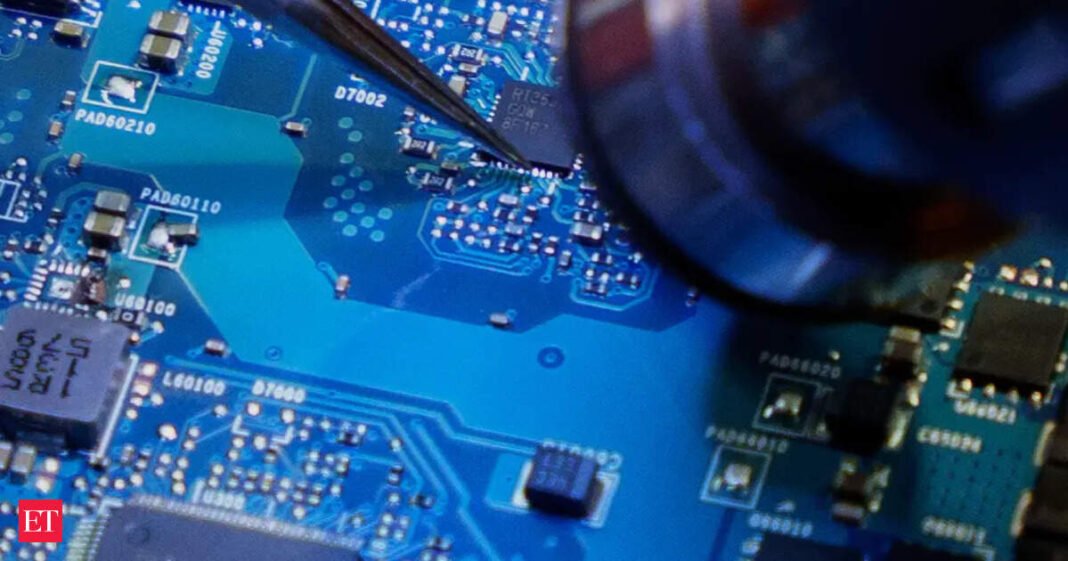Contents
Trump Administration Excludes Smartphones, Electronics From Tariffs, Benefits Tech Giants
The Trump administration has excluded smartphones, computers, and other electronics from its proposed reciprocal tariffs, a decision that will significantly benefit tech giants like Apple and Samsung. This move is a strategic attempt to calm business nerves and voter concerns over inflation and supply chain turmoil.
In a move that is expected to shield consumers from price shocks, the Trump administration has excluded popular consumer electronics, such as smartphones, laptops, and hard drives, from its proposed reciprocal tariffs. This decision aims to prevent the levies from stacking up on top of nationwide duties. The exclusions will provide temporary relief to both the tech sector and consumers from rising costs and supply chain bottlenecks.
According to a report by US Customs and Border Protection, the tariffs on these products have been decreased from an initial 125% China tariff to zero. This reduction is expected to significantly impact companies that rely heavily on Chinese imports, such as Apple and Samsung.
Why Were Certain Products Excluded?
The decision to exclude certain products from the tariffs was not arbitrary, but was aimed at averting the disruption of consumer electronics and semiconductors. For years, establishing domestic production for these products would be a monumental task. Automation, memory chips, smart speakers, and solar cells are a few of the many items that have been included in the list of excluded products.
Benefits of Exclusions
The exclusions of semiconductors, hard drives, and graphic cards will benefit companies that have invested heavily in the U.S., such as Taiwan Semiconductor Manufacturing Co. These companies are moving their operations to the U.S., hoping to benefit from the exemptions and boosting the U.S. economy.
Key Highlights
- Smartphones, laptops, and hard drives are excluded from the tariffs, benefiting companies like Apple and Samsung.
- The U.S. Customs and Border Protection has published guidelines on tariff exemptions for select products, including semiconductors, electronic devices, and AI servers.
- Companies may avoid the described tariffs if their exported products meet specific HS codes.
- Semiconductors, solar cells, and other electronics that meet HS codes will be exempted from tariffs.
Conclusion
The decision to exclude popular electronics and semiconductors from tariffs will bring relief to consumers and businesses alike. However, some areas, such as machines used in the semiconductor manufacturing process, have been exempted, which indicate a potential change in future tariff strategies. It is uncertain what future tariff rates will look like, but the administration’s exemptions bring some relief to a critical sector of the economy.
Keywords:
- Trump administration
- Tariffs on China
- US Customs and Border Protection
- Tech sector
- Consumer electronics
- Semiconductors
- Smartphones
- Laptops
- Hard drives
- Solar cells
- Semiconductor manufacturing
- U.S. economy
Hashtags:




